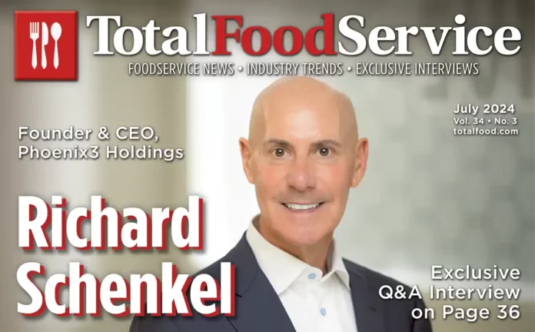Culture Killers: The Hidden Threats to Your Company’s Success
/in The Founder's Mindset/by Phoenix3 CollectiveIn the start-up world, where quarterly profit and operating expenses often dominate conversations, there lies an elusive yet powerful force that can make or break a company: culture. Often dismissed as corporate jargon, I firmly believe that culture is, in fact, the very lifeblood of an organization. It’s the invisible hand that shapes behavior, drives innovation, and ultimately fuels long-term growth. Yet, too many companies fall into the trap of viewing culture as a checkbox on a “to do” list.
If you think culture is just fluff, think again. It’s the difference between a thriving, dynamic organization and a house of cards.
Here are four common culture killers and how to steer clear of them.
1. Lip Service Over Genuine Action
I have seen what happens when culture is reduced to empty rhetoric—words on a career page or kitchen poster, a feel-good orientation message from the CEO. This lip service does nothing but breed cynicism and distrust. Culture must be a priority woven into every business decision, meeting, and customer interaction. It starts by clearly stating the company’s vision in ways that are very specifically relatable to the business. This month’s Harvard Business Review has a great article entitled, “Build a Corporate Culture That Works” that introduces “dilemma testing” to determine if your corporate values are actionable. For instance, to promote a culture of transparency and collaboration, Pixar’s values articulate “Regularly share unfinished work.” This type of framing provides leadership guideposts that bring the company’s values to life in corporate culture.
2. The Ivory Tower Trap
In distributed services businesses, the ivory tower mentality is a silent killer of culture. When corporate offices act as if they are superior, it demotivates frontline employees, creating a toxic divide. In my opinion, a corporate office should function as a support center with everyone, regardless of rank, committed to empowering customer-facing teams. The Four Seasons Hotels’ enviable culture is rooted in a philosophy called “Lead with Care” that directs the focus to the front line and empowers them to exceed service expectations. Remember, if the team on the ground interacting with customers isn’t delivering, no one will have a job! Bridging this gap can transform the entire organizational culture, fostering unity and shared purpose.
3. Toxic Talent
Nothing spreads faster and more destructively than a toxic hire. These individuals—the eye rollers, the naysayers, those who publicly conform but privately sabotage—can infect an organization with negativity, destroying collaboration and morale. I believe you can mitigate this issue by starting with rigorous hiring practices that prioritize cultural fit. I encourage founders to personally interview all hires until the company gets too big for you to do so (and then be sure your hiring managers understand your expectations for culture fit).
Author David Brooks has a thesis that, in any collection of humans, there are diminishers and there are illuminators. In his recent book, “How to Know a Person,” Brooks stresses the importance of hiring “illuminators” who uplift others with persistent curiosity and the ability to see things from someone else’s point of view. Of course, it’s not always possible to predict every hire’s true colors, so I believe it’s also critically important for leaders to act quickly and purge toxicity to safeguard the integrity of your culture.
4. Cultural Atrophy
Culture is like fitness; it requires consistent effort to build and maintain. Leaders must stay vigilant, reinforcing cultural values in small daily interactions and major company decisions. I have seen what happens to organizations that come out of the gate with a strong emphasis on culture and then lose focus. Like muscle, it takes time to see the results but if neglected, culture deteriorates rapidly and can be incredibly difficult to rebuild. Trust me, ignoring this intangible yet critical business driver will lead to declining employee morale, lost clients, and reduced productivity.
Investing in culture is investing in growth. By embedding your mission and vision into the very fabric of your company, you create a roadmap that guides behavior and execution, fostering an environment where everyone feels part of a unified team. This is what sets great companies apart and paves the way for sustained growth and success.
Total Food Service Cover Story: Richard Schenkel Forecasts Evolution of Senior Care Dining and Hospitality
/in Press/by Phoenix3 CollectivePhoenix3 was founded on the principles of combining capital investment with industry expertise. With this in-depth cover story Richard shares that…..
His business philosophy is grounded in taking calculated risks – aligning companies around strong values on growth-oriented missions to achieve success and build shareholder value.
He explains that “It is a mistake to think that this issue is just about food. The current state of the market suggests a need for change, particularly in the integration of technology within senior living facilities.
The prevailing expectation of securing high-quality staff without appropriate compensation is unrealistic. A reevaluation of the current model is necessary to ensure that employees are adequately rewarded for their efforts without the reliance on gratuities.”




